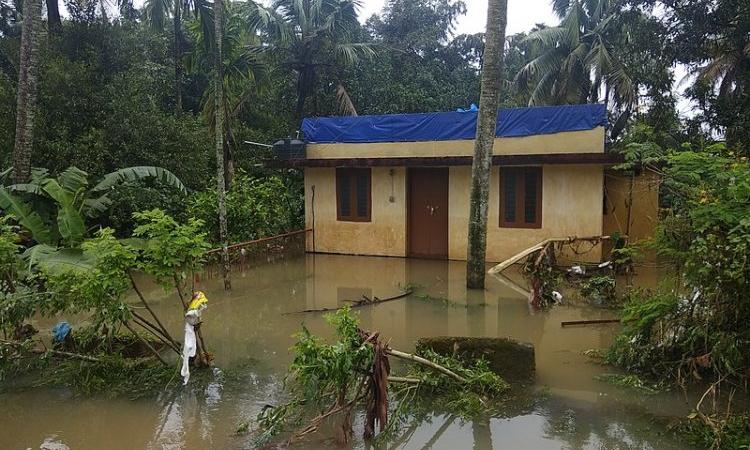
Kerala government failed to use dams for flood control: Amicus curiae informs high court
The court-appointed amicus curiae has reported to the Kerala High Court that the main cause of August 2018 floods in the state was the failure of the Kerala government to use the 79 dams for flood control. The report says the government failed in maintaining effective Flood Control Zone and Flood Cushion at the dams as per the norms. Also, the dams had no Emergency Action Plans (EAPs) in place as required and alerts were not issued as per the guidelines.
Luni river pollution: NGT slaps Rs 30 crore fine on Rajasthan government
Holding the Rajasthan government responsible for all the environmental degradation of Luni river by the textile industries in and around Balotra town, the National Green Tribunal (NGT) has directed the state government to pay an interim compensation of Rs 30 crore to the state pollution control board (SPCB). Also, the state government has also been directed to submit a performance guarantee of Rs 10 crore in a month to NGT. The NGT has also ordered the pollution board to ensure that only those units which have been complying with the standards laid out for their operation and have set up the effluent treatment plant are allowed to operate.
Only 49 percent of wastewater gets treated in West Bengal: NGT
Noticing that the state is treating only 49 percent of the wastewater before dumping it in the Ganga river, the National Green Tribunal has directed the West Bengal government to submit a quarterly report on the issue of solid waste management. West Bengal generates 1,311 million litres a day (mld) of wastewater and while 34 sewage treatment plants have a total installed capacity of 457 mld, their actual utilisation is only 214 mld. Moreover, nearly 90 percent of municipal solid waste generated in Bengal is being dumped in the open every day in violation of statutory pollution laws.
Probe into World Bank-funded water supply project in Jharkhand gets approval
The World Bank’s Board of Executive Directors has given their nod to an independent investigation into World Bank-funded water supply project in two villages of Jharkhand—Giddi Jhopri village and Sarjamda village. The locals have alleged that the district authorities failed to consult members of local Adivasi communities before implementing the project, sidestepped valid gram sabha consent, used force in implementation and overlooked impacts on indigenous cultural resources and the environment. While communities from Giddi Jhopri complained about the location of the water treatment plant, the people from Sarjamda village had issues regarding the construction of an elevated storage reservoir.
Eviction near water pipeline: Bombay High Court orders Maharashtra government to pay rent to evicted
The Bombay High Court has ordered the Maharashtra government to pay Rs 15,000 per month as rent to people who were rendered homeless after their dwellings located near Tansa water pipeline were demolished. In compliance with a previous high court order, the Brihanmumbai Municipal Corporation (BMC) has been demolishing unauthorised buildings along the water pipeline. As many as 7,000 families have been affected by the ongoing demolition drive but only 225 of them have shifted to Mahul, an industrial area with high air pollution levels. As per the court, the project-affected people cannot be forced to reside in a polluted area and the government should pay them rent.
This is a roundup of important policy matters from April 4 - 9, 2019. Also, read news this week.
/articles/kerala-failed-use-dams-flood-control-amicus-curiae